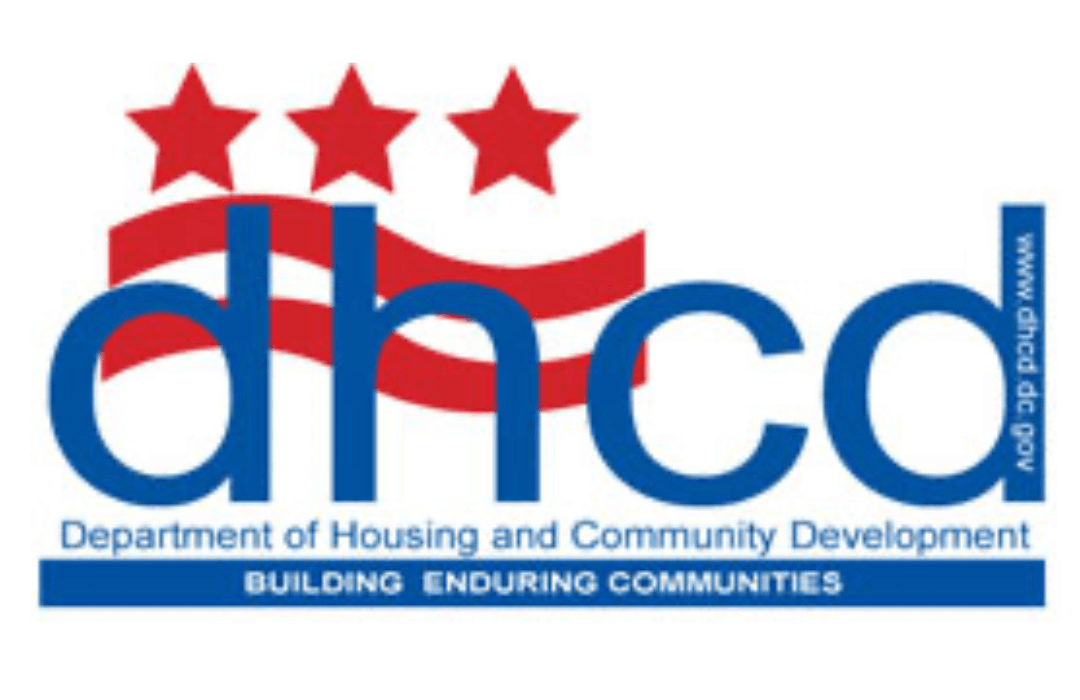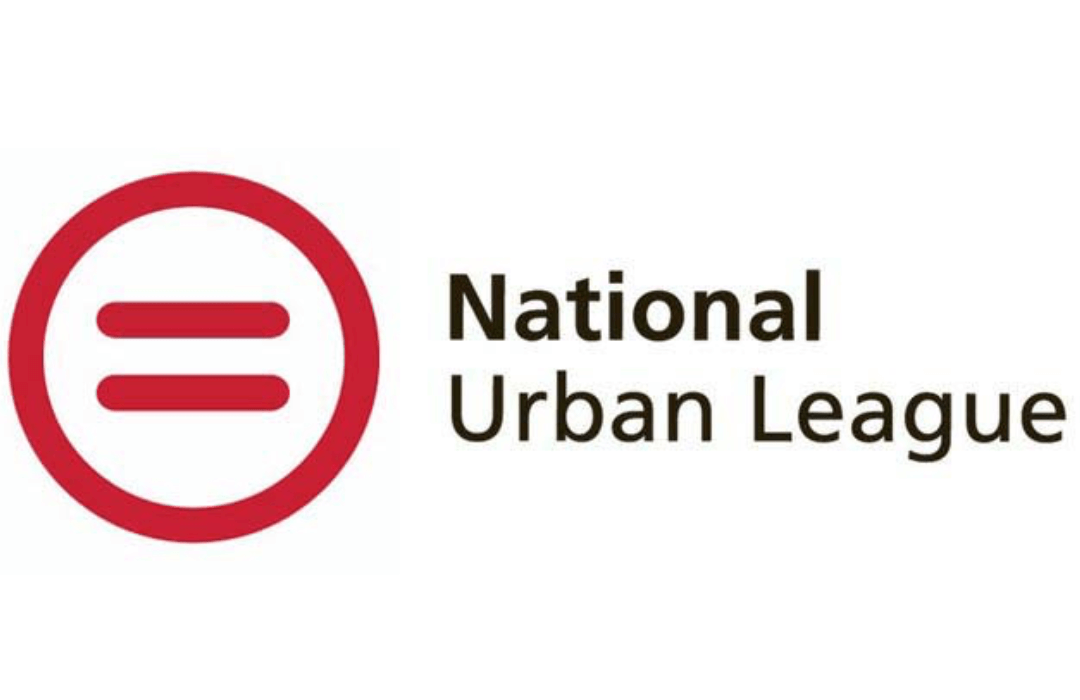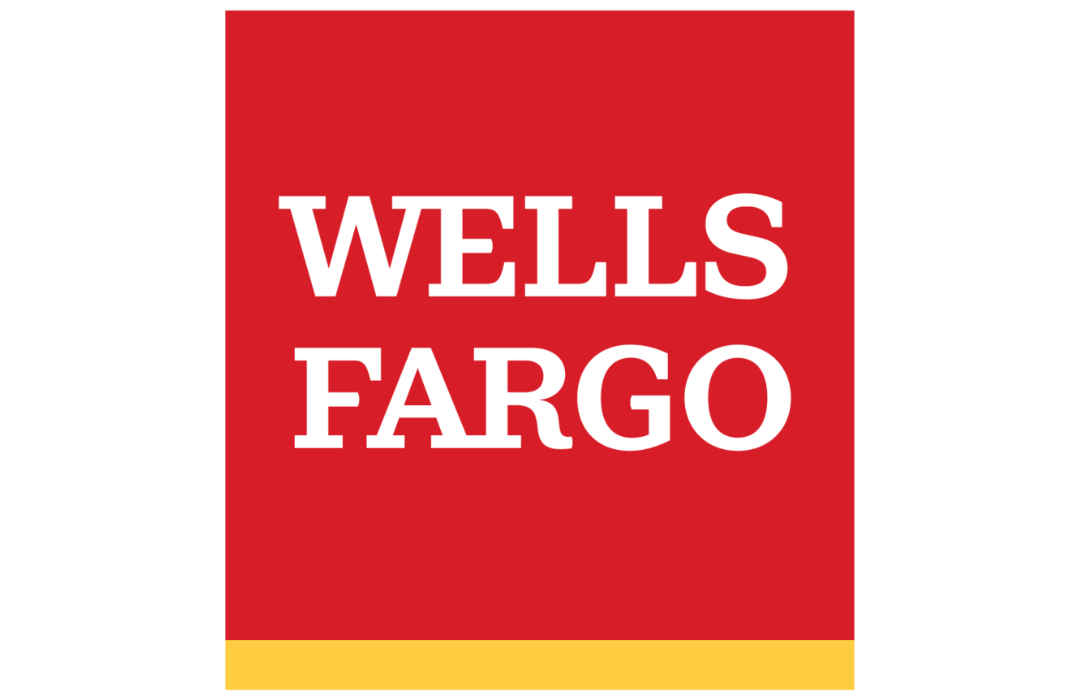Homelessness Prevention

Shielding Families, Sustaining Stability
We help vulnerable households in the Greater Washington area overcome the profound effects of housing insecurity. Through vital financial assistance, targeted resources, and personalized guidance, we address systemic inequities, rising living costs, and economic hardship. Our work goes beyond short-term relief—we advocate for lasting, equitable solutions that enable individuals to rise above systemic barriers, build stability, and thrive. Together, we’re creating a future where no family is forced to choose between essential needs, and every individual can achieve a dignified and secure life.
Mission
To prevent homelessness by providing at-risk households in the Greater Washington area with the critical financial support and resources they need to maintain stability during times of crisis, while tackling ongoing affordable housing challenges.
Vision
A community where families never have to choose between fundamental needs like food and shelter, and where equitable access to resources enables all residents to break through all systemic barriers, achieve stability, and prosper.
Purpose
The Homelessness Prevention Program is committed to:
- Supporting individuals and families facing eviction due to economic struggles.
- Addressing disparities in income and housing affordability to protect at-risk households from homelessness.
- Providing the necessary resources and guidance to help families navigate housing instability and rising living costs.
- Advocating for equitable support systems that bridge the gap between growing expenses and stagnant incomes in underserved populations.
While the COVID-19 Housing Assistance Program (CHAP) is no longer active, our dedication to preventing homelessness remains unwavering, offering continued support and innovative solutions to those in need.
Sponsors





